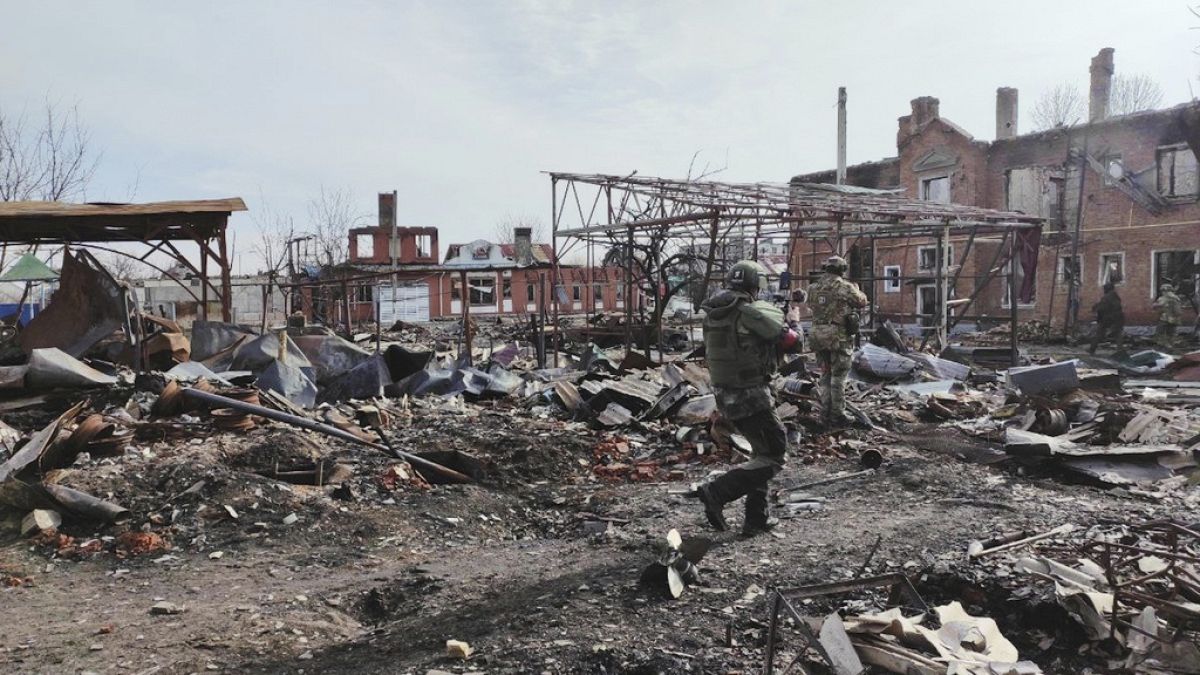“The last couple of times that I landed in Australia, to go through passport control and immigration — I had a bit of trauma from three years ago,” Djokovic told Australian media.
“Some traces still stay there when I’m passing passport control, just checking out if someone from [the] immigration zone is approaching. The person checking my passport — are they going to take me, detain me again or let me go?” he added. “I must admit I have that feeling.”
Australia had some of the world’s strictest measures to contains the pandemic, including vaccine mandates and lengthy lockdowns. For a time the country had one of the lowest Covid-19 mortality rates in the developed world, according to an Imperial College London study.
Defending the decision to deport the repeat Australian Open winner, former Australian Prime Minister Scott Morrison described Djokovic as “someone who sought to come to Australia and not comply with the entry rules at our border.”
Djokovic’s ordeal sparked a diplomatic row between Australia and Serbia, with Serbian President Aleksandar Vučić blasting Australia for “harassing” Djokovic and offending “an entire nation.”
A year after his deportation, Djokovic returned to the country in 2023 to win the Australian Open for the 10th time, a vindication he celebrated as “the biggest victory in my life.”





